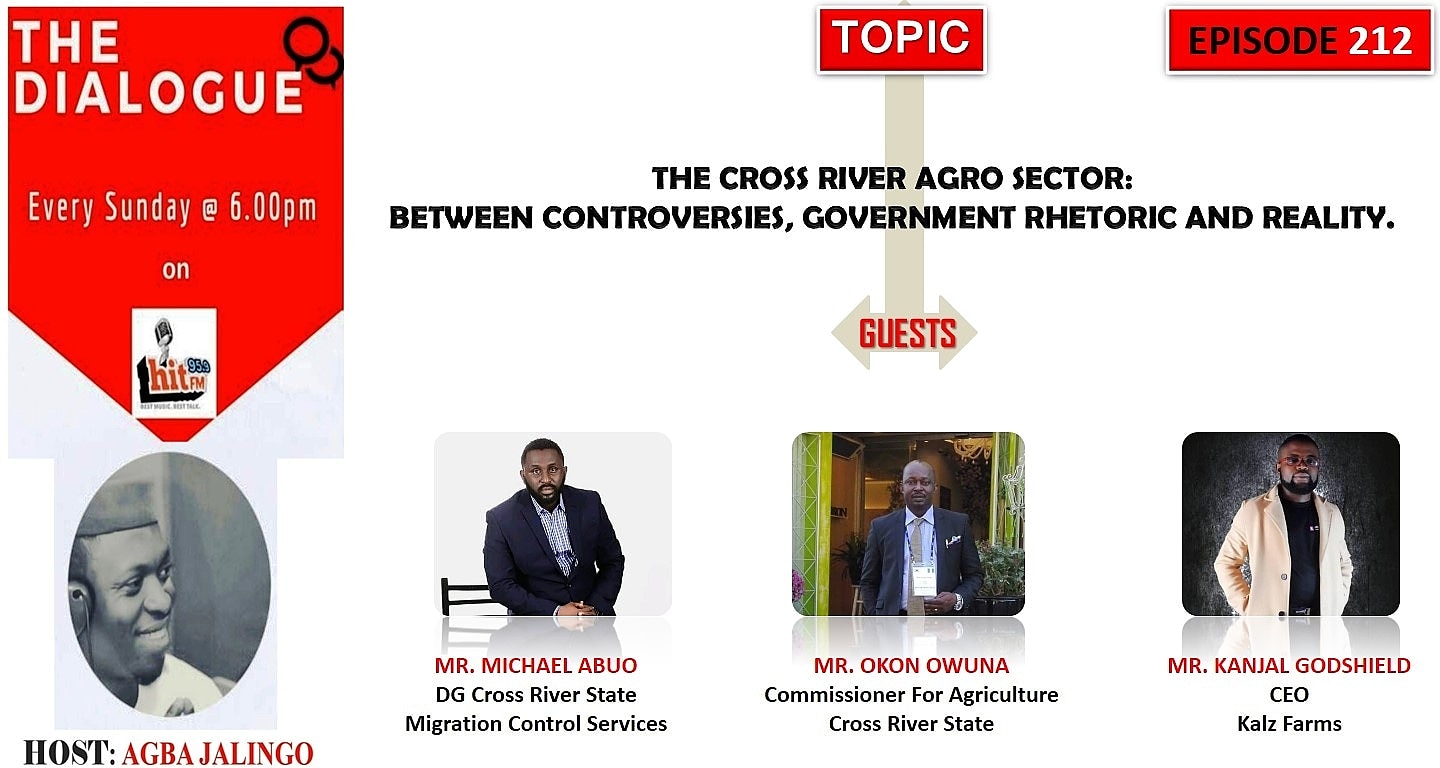Introduction
The Oxford Dictionary defines Agriculture as the science or practice of farming which could be for the cultivation of crops or rearing of animals and the different processes involved in the value chain of whatever is been farmed.
The history of agriculture as a practice can be traced back over 100,000 years ago to the earlier man during his domestication of food crops and animals. This practice has developed from the use of very crude implements and knowledge to very complex, hybridized and sophisticated processes today.
As at 2018, a survey of over 150 countries by the World Bank showed that the value added by agriculture to the countries was in excess of two trillion dollars.
In Nigeria, the sector is valued at nearly 100 billion dollars as at today. But, despite this valuation which may appear so huge, there are concerns that challenges abound that have forced the country not to achieve her potential in agribusiness.
Is this true?
If yes, what are the challenges?
In a bid to catch up with the ever changing world of innovation in different fields including agriculture, governments at all levels, over the years, have rolled out different schemes, programs and initiatives to ensure maximum productivity and yield.
These include operation feed the nation, the great green wall project, the G-money initiative, anchor borrower schemes among others.
How have these fared?
With succeeding administrations always applauding it’s role in the development of the agro sector, how can one truly tell whether these schemes actually work?
There are concerns that most of the schemes were mere political tools to empower stalwarts of political parties in power as well as apologists of public office holders. Is this true?
Recently, tackles were traded by two officials of the Cross River State Government over the Central Bank of Nigeria’s Accelerated Agricultural Development Scheme, AADS, what were the issues raised?
With agriculture touted as the largest employer of labor and a panacea to the lingering unemployment situation, what is the best approach to ensure that maximum potentials are achieved?
Also, with agricultural land fast shrinking due to migration and development, how can the State and Country position properly to achieve national food security and increase earnings from foreign exchange?
These and more are the focus of this week’s ‘The Dialogue With Agba Jalingo’ with the topic; “The Cross River Agro Sector: Between Controversies, Government Rhetoric And Reality.”
To discuss these and more with us is the Commissioner for Agriculture and Natural Resources in Cross River State, Okon Owuna; the Director General, Migration Control Services in Cross River, Michael Abuo and the Chief Executive Officer of Kalz Farms, Kanjal Godshield.
Join us on Hit 95.9 FM Calabar today, August 16, 2020 from 6:15PM to 7:00PM for the live program.
Call the following numbers to make your contributions and ask questions; 070095944836, 08092444955.
You can also join the conversation on our social media platforms: Follow us on Twitter, @thedialoguecrs and on Instagram @thedialoguecrs.
Listen to the live program anywhere in the world on our Facebook page or on mixlr.com/hitfmcalabar. Like our Facebook page where you can send in your messages.
Include #thedialoguecrs or #tdwaj in your questions and suggestions which will be taken as they come.
For adverts and sponsorship please call 08116050254 or 08134585365.
The Commissioner for Agriculture and Natural Resources in Cross River State, Okon Owuna and the Chief Executive Officer of Kalz Farms, Kanjal Godshield were absent as they did not show up in the studio and their numbers were off.
Listen to podcast below.

Leave feedback about this